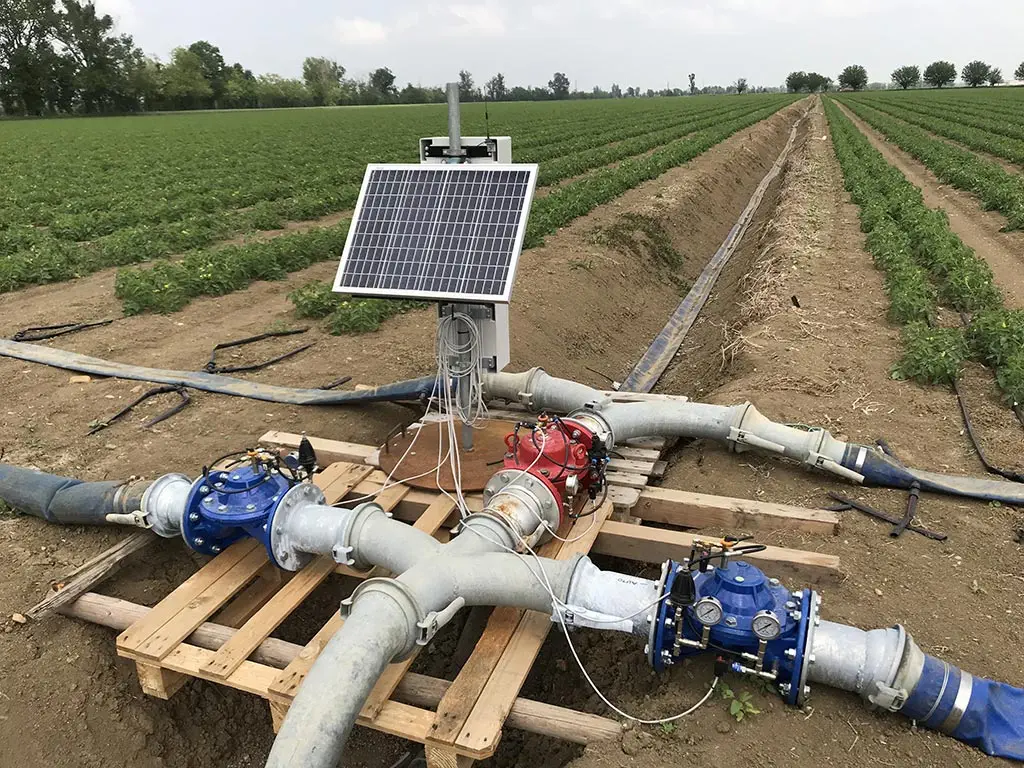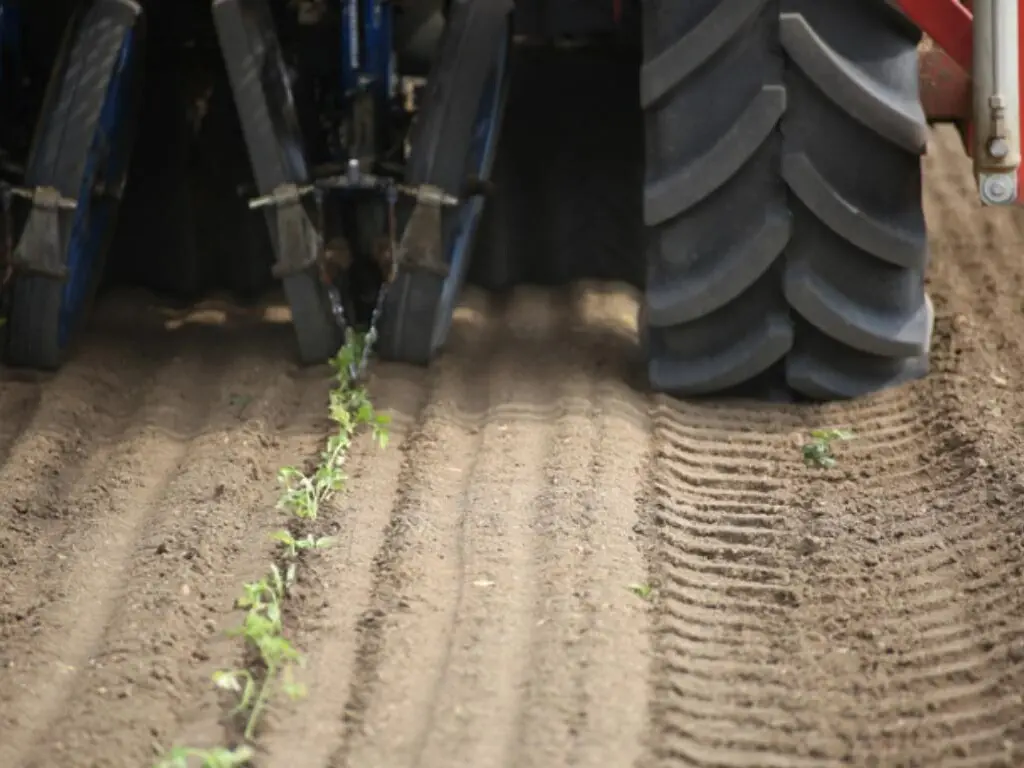As.I.P.O adopts and disseminates within its own holding structure some guidelines for the crops of its own interest, in order to implement the best agricultural practices for the consumer, the environment, the workers in the sector and the agricultural entrepreneurs themselves.
This is the reason our members are committed to:
- Respect the regulations on traceability and supply chain traceability;
- Respect the product food safety and hygiene standards during all phases;
- Use only healthy and legally authorised sources of water;
- Respect the regulations of Integrated Production or Organic Production;
- Fulfil the provisions of current labour legislation which must be fair, equitable, legal and safe;
- Respect the national provisions on the correct purchase, use, storage and disposal of plant protection products and waste, preferring, whenever possible, the recycling or reuse of waste.
Code of Ethics: for a higher quality of Work that is fair, equitable, legal and safe
The people’s life quality who works for us and for our farms has always been a topic that is particularly close to our hearts and for this reason we have further defined a Code of Ethics and Conduct in accordance with Legislative Decree 231/01 (Mod. 231 – Code of Ethics ››).
This is intended as a further step to continue improving these aspects within our supply chain, adopting responsible behaviour towards the whole society.
Environmental Policy: for a supply chain increasingly committed to protecting the environment and ecosystems
Our association has always promoted environmental protection for the benefit of the whole community through the adoption of sustainable agricultural practices (such as integrated or organic production, precision agriculture, the circular economy of waste, etc.).
These practices are designed to reduce the effects of so-called industrial farming, applying agronomic techniques that are respectful of the environment and workers and which improve our ecosystems conditions over time (e.g. by increasing the organic substance in the soil, flora and fauna sustainability, reducing the negative effects of climate change, etc.).


